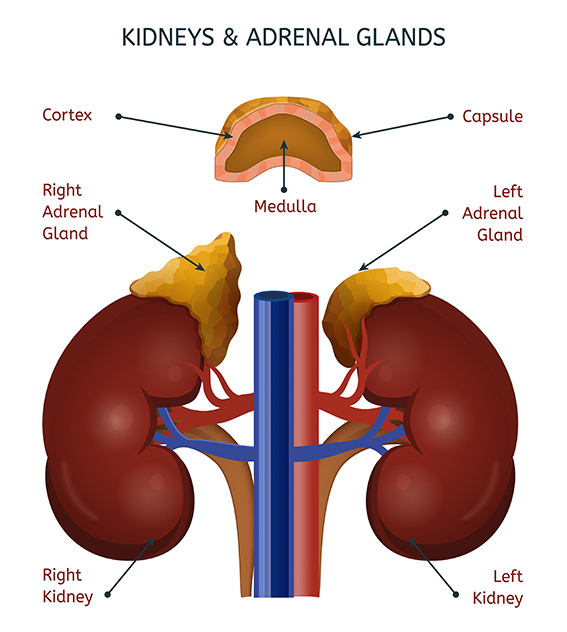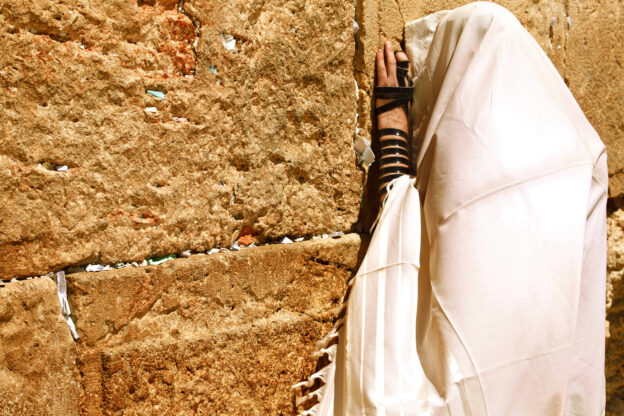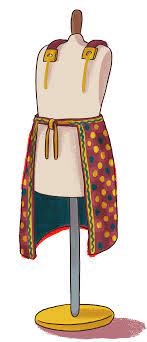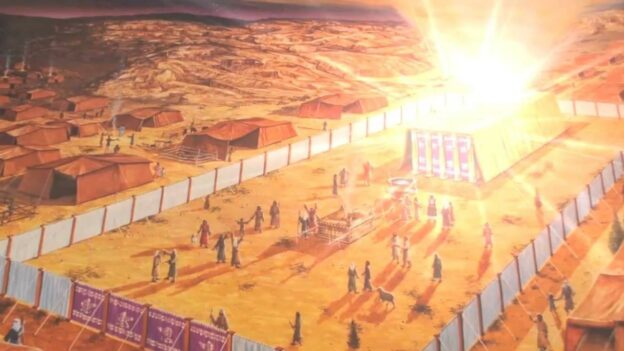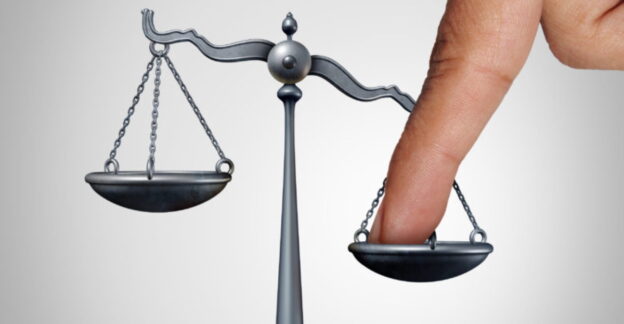An interesting Midrash is cited by Rav Yosef Nechemia Kornitzer (1880-1933), a great-grandson of the Chasam Sofer who served as the av beis din of Cracow before World War II. The Midrash is found in the Tanchuma manuscript discovered by Solomon Buber, published in 1885.
The Midrash speaks about the end of history and quotes Ovadiah (1:18): “And the house of Yaakov will be fire and the house of Yosef flame; and the house of Esav, straw. And they will light them aflame and devour them. And there will remain nothing of the house of Esav…”
Rav Kornitzer quotes its continuation: “And where did Moshe say this? [In the words] ‘it is the olah on its mokeid throughout the night until the morning… And the kohein will lift up the deshen [ashes ]… and place it next to the mizbei’ach’ ” (Vayikra 6, 2-3). A puzzling citation.
To explain it, he quotes his forebear the Chasam Sofer as casting the kohein’s lifting of the terumas hadeshen as the need for the kohein to not avert his eyes from the “lowly of worth.” He has a responsibility to lift them up and bring them to a holier place.
Rav Kornitzer asserts that the kohein’s responsibility is paralleled in our own vis-à-vis the rest of humanity – that we are in galus (the “night”) to spread knowledge of the Torah and to, by our dedication to Torah, attract those among other peoples, the “deshen”, to join us. That, he contends, is what will bring about the fulfillment of Ovadiah’s prophecy, the destruction of evil.
He then quotes another Midrash: “Rabi Yosi ben Kisma’s students asked him when Moshiach will come. He responded ‘This is the law of the olah’ ” (Vayikra 6:2).
Concludes Rav Kornitzer: “When the Jews fulfill their mission and ‘lift up the deshen’… Ben Dovid will arrive, may it be soon in our days.”
Sadly, the galus didn’t end in Rav Kornitzer’s days. May it end in ours.
© 2025 Rabbi Avi Shafran

